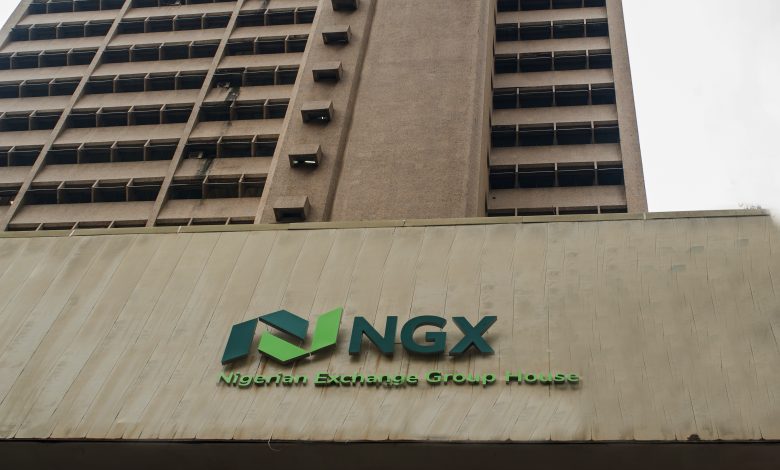Nigerian stock market hits all-time high, crosses 70,000 mark

The Nigerian stock market has sent shockwaves through the financial community, as the Nigerian Exchange Limited’s All-Share Index surged to an all-time high and shattered the 70,000-point barrier. This remarkable milestone has stirred a frenzy of excitement among investors and ignited fervent discussions about the nation’s economic future.
At the end of trading on the floor of the Exchange on Wednesday, the ASI jumped by 1.94% to 70,581.76 points from 69,236.19 with the market capitalization of listed companies hitting N38.78 trillion. The market has been on an upward trajectory since the entry of the new administration led by President Bola Tinubu, due to proactiveness in implementing necessary reforms such as the removal of fuel subsidy and the liberalization of the foreign exchange market.
Data from NGX shows that while foreign investor participation in the capital market is slowly rising, domestic investor sentiment has been highly positive, with increased allocation into equities. Already, total transactions in the equity market hit N2.71 trillion as of September end, 38% higher than the corresponding period in 2022.
While investor sentiment suggests that the Nigerian stock market’s recent peak is not a mere flash in the pan, experts stress the importance of ongoing stability, security, and continued economic reforms. The historic high of the Nigerian stock market has created ripples in the global financial arena, with investors keenly observing the nation’s economic trajectory. Although it does not guarantee prosperity, it does signify global recognition of Nigeria’s vast potential. The hope is that this extraordinary accomplishment will lead to improved living standards for Nigerians and bolstered economic stability for the nation.





Leave a Reply